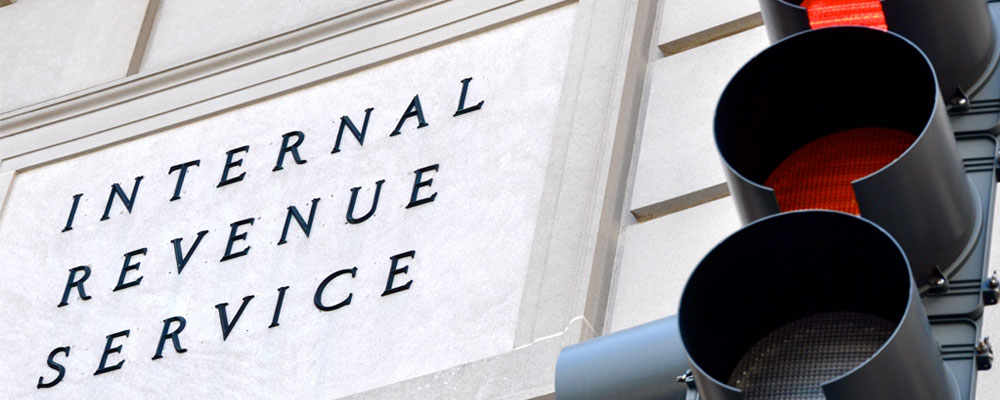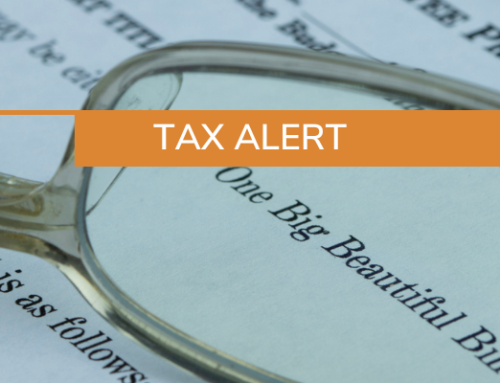If it seems too good to be true, it probably is.
This is especially true when it comes to the employee retention credit (ERC). Once a critical tax incentive to keep businesses open and employees paid during the pandemic, ERC caught the attention of so-called ERC mills, companies falsely claiming to secure thousands of dollars in tax credits that businesses may not be eligible for. ERC fraud is so prevalent now that the IRS added it to its annual list of Dirty Dozen tax scams.
Though legitimate ERC claims can still be submitted using amended returns, taxpayers need to remain on high alert for ads or promotions promising guaranteed money.
Claiming the Employee Retention Credit
Through different iterations, ERC was available to eligible taxpayers for wages paid between March 13, 2020 and December 31, 2021. The requirements to claim the credit vary from 2020 to 2021, and so does the maximum refund amount.
Taxpayers can still claim ERC retroactively through April 15, 2024 (for 2020 claims) or April 15, 2025 (for 2021 claims).
In general, to qualify, a business must have sustained a full or partial suspension due to governmental orders or experienced a significant decline in gross receipts compared to 2019. If they started their business during the pandemic, they may also qualify, so long as they meet an annualized gross receipt threshold. For most businesses, ERC expired on September 30, 2021; only qualified recovery startup businesses – those that began operations during the pandemic – can claim the credit for the fourth quarter in 2021.
Within these parameters, there are several specific definitions that spell out the requirements for ERC. It’s in these definitions that many ERC mills lure in taxpayers. ERC mills often stretch the requirements and claim they can get taxpayers the full amount – $26,000 per employee – when in reality it would be an ineligible claim. Or, ERC mills avoid certain rules altogether. For example, we have seen ERC mills fail to inform clients that they must amend their income tax returns and pay taxes on income equal to their ERC refunds.
Now that the IRS has ramped up its efforts to combat ERC fraud, taxpayers need to be extra cautious and incredibly diligent in their ERC claims and documentation.
2023 Dirty Dozen Adds ERC Fraud
For months, the IRS has been cracking down on ERC fraud. The agency is also hiring and training more staff to investigate and bring civil and – new in 2023 – criminal charges against ERC mills. The IRS announced in November that they have already trained at least 300 auditors to specifically handle ERC audits with many more likely to join their ranks.
The annual Dirty Dozen list of tax scams kicked off earlier in March 2023 with a warning against ERC fraud.
“The aggressive marketing of these credits is deeply troubling and a major concern for the IRS,” said IRS Commissioner Danny Werfel. “Businesses need to think twice before filing a claim for these credits. While the credit has provided a financial lifeline to millions of businesses, there are promoters misleading people and businesses into thinking they can claim these credits. There are very specific guidelines around these pandemic-era credits; they are not available to just anyone. People should remember the IRS is actively auditing and conducting criminal investigations related to these false claims. We urge honest taxpayers not to be caught up in these schemes.”
ERC mills often promote aggressive ads on radio and online. Scammers also target taxpayers via emails, phone calls, and texts. They sometimes falsely claim that the taxpayer’s CPA doesn’t want to get involved in learning the ERC rules or that filing the claim is too much work for them to undertake. Often, ERC mills operate on a contingency fee basis, charging a percentage of the total amount refunded. Some will even offer discounts if the taxpayer pays up front.
Even if a taxpayer doesn’t work with an ERC mill or promoter, simply responding to their inquiries could raise the risk of identity theft. Online links or any form that requests personally identifiable information are red flags.
Other Dirty Dozen tax scams to watch out for include tax season identity theft via email and text, scammers “offering” to help set up an online account, false fuel tax credit claims, fake charities, and fake tax preparers.
ERC Fraud on the IRS’s Radar
The first criminal charges have been filed against an ERC promoter in February 2023. Over 16 months, the defendants claimed more than $11 million in false or fraudulent ERCs. In this case, the promoter also allegedly encouraged their clients to change business entities to claim more of the credit and to claim single member LLC spouses as employees. Though this is an extreme case, it’s one of many targeting taxpayers with false promises.
As of this writing, the IRS is working through more than 780,000 unprocessed Forms 941X. Because ERC fraud is rampant, taxpayers waiting for their amended returns will experience a longer than usual delay in processing.
Even though an ERC mill might file an amended payroll return, Form 941X, the taxpayer is ultimately responsible for what’s on it. Even a well-intentioned taxpayer could end up paying IRS fines and penalties on top of returning any ineligible refund amount. the IRS already extended the statute of limitations from three years to five for the third and fourth quarters of 2021; they are considering extending it for the other three quarters as well. For affected taxpayers, that means a longer document retention period.
If an ERC claim is selected for an audit, taxpayers will need to provide extensive information. Worksheets, wage and payroll information, employee listing, process for determining qualified health plan expenses, any PPP documentation, gross receipts, and more. It’s a good idea to also keep a copy of any federal, state, or local government orders.
Part of what’s particularly troubling for the IRS and tax professionals is that if an ERC claim is selected for an audit several years from now, the ERC promoter may not even be in business to help support the claim.
For help in identifying and reporting potentially fraudulent ERC scams, contact us. We can also advise on evaluation of legitimate ERC claims, related IRS correspondence, and possible IRS audit assistance on ERC examinations. For more information, contact Ed Yoder, or Charles Dean Smith, leaders on our ERC Tax team.






